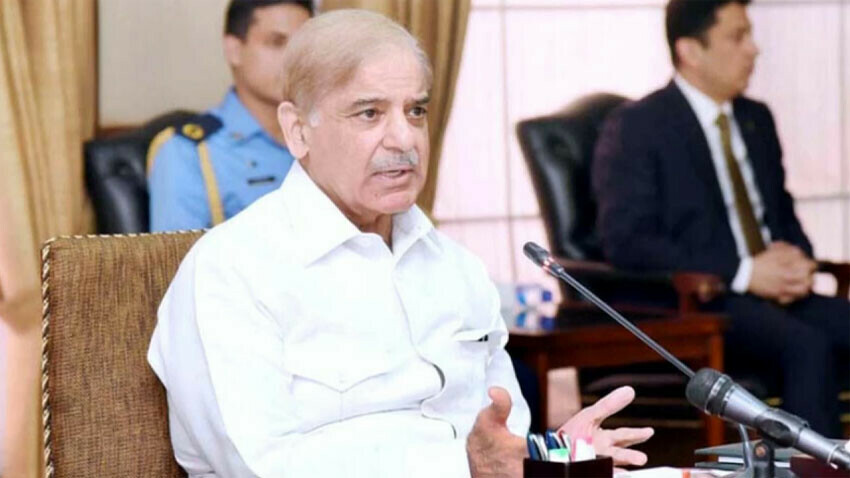ISLAMABAD: Prime Minister Muhammad Shehbaz Sharif has reaffirmed Pakistan’s commitment to a cleaner, healthier, and more sustainable future, emphasizing the need to shift from a linear “take-make-dispose” economy to a circular model that prioritizes waste reduction and resource efficiency.
In his message on International Day of Zero Waste, observed on March 30, the prime minister highlighted the growing crisis of waste pollution, which threatens the environment, public health, and economy. “Plastic and hazardous waste are adversely affecting our rivers, landfills, and air, exacerbating climate change,” he stated.
He stressed that with rapid urbanization and industrial growth, Pakistan must adopt sustainable waste management solutions to drive economic and social development.
This year’s theme, ‘Towards Zero Waste in Fashion and Textiles,’ underscores the urgency of sustainability in an industry that generates significant waste. As a major textile producer, Pakistan is committed to eco-friendly manufacturing, textile recycling, and ethical consumerism to reduce its environmental footprint.
“The government has taken decisive steps to combat waste pollution,” the prime minister said, adding that the Circular Economy Policy, currently under formulation, aims to revolutionize waste management. He further noted that initiatives like the Living Indus Initiative focus on restoring the Indus River Basin, while the Clean Green Pakistan Movement empowers communities to enhance waste management at the grassroots level.
Additionally, Pakistan’s Plastic Waste Management Action Plan is working to eliminate single-use plastics, promote biodegradable alternatives, and expand recycling efforts. The government is also advocating Extended Producer Responsibility (EPR) to ensure manufacturers take accountability for the entire lifecycle of their products, integrating waste management into production and packaging.
However, the prime minister emphasized that achieving a zero-waste society requires collective action. “Citizens must reduce waste at home, recycle, and compost. Businesses must shift to sustainable production and minimize waste,” he stated, urging local governments to enhance waste collection systems and expand recycling facilities.
He further called on the private sector to innovate in waste-to-energy solutions and green entrepreneurship, ensuring Pakistan moves towards a more sustainable economic model. “Every action counts. Let us work together to make zero waste a reality, ensuring a healthier planet for our future generations,” he urged.
